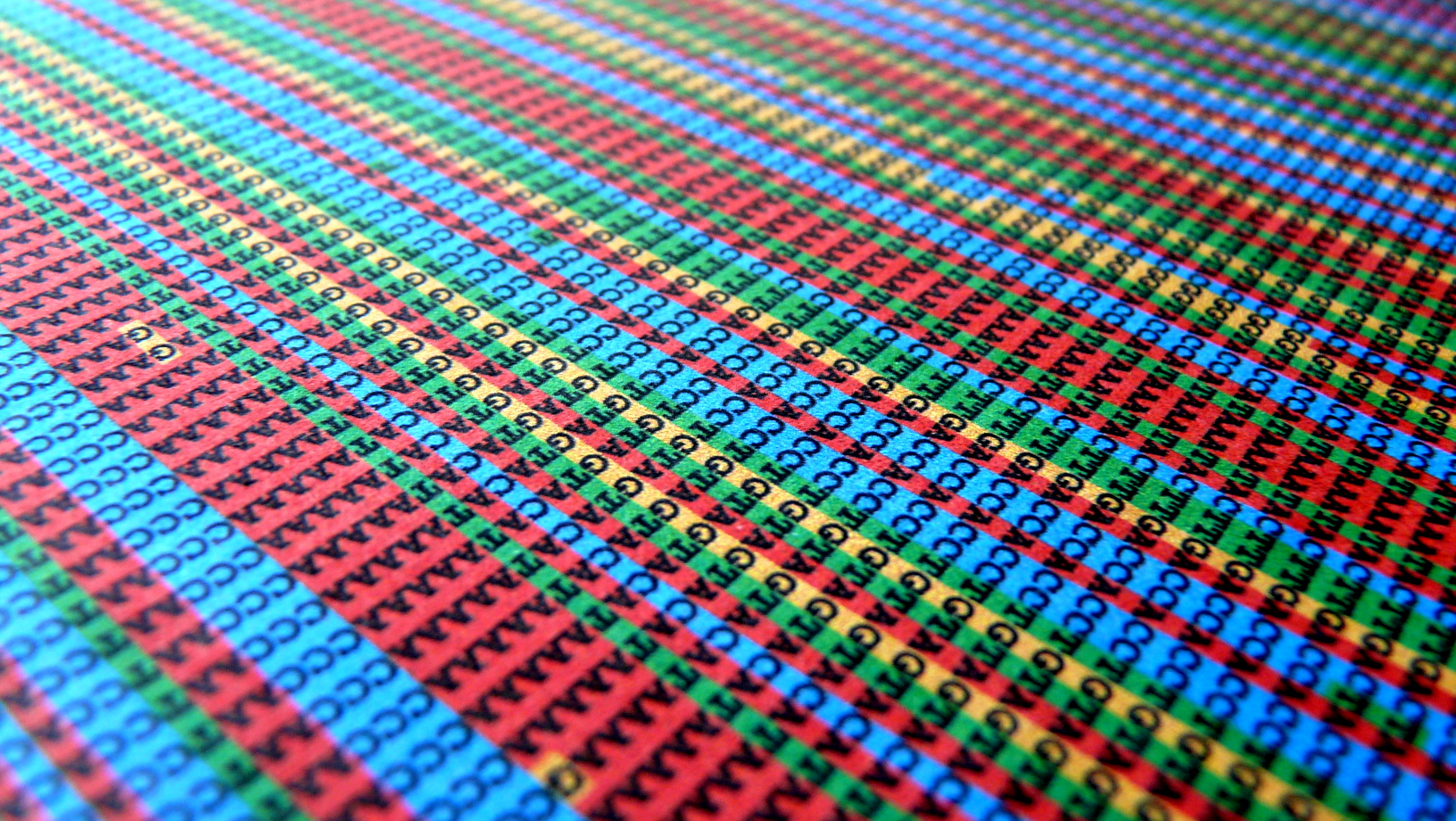Aggregated News

Recently, a kerfuffle in the world of CRISPR illustrated just how easily money—and our perception of it—can impact science.
In late May, a paper came out questioning how effective the gene-editing technology really is. Working with mice, researchers found that edits made with CRISPR can also result in thousands of unintended changes to a genome. The study cast serious doubt on whether CRISPR is ready for prime time.
The fallout was swift. Stock prices of three CRISPR companies—Editas Medicine, Intellia Therapeutics and CRISPR Therapeutics—tumbled. Scientists affiliated with those companies fired back, questioning the study’s methodology. Stocks bounced back. The scientific world was set atwitter, questioning not only the validity of the initial study, but how to trust a rebuttal against that study when it came from those who stood to lose the most from its publication.
May be very valid criticism, but it would be nice if they had listed their (big) comflicts of interest. #CRISPR https://t.co/uM8phR983j
— Sebastian Wellford (@WellfordBiology) June 23, 2017
"You want a crime story? Look into who shorted CRISPR stocks before that awful paper...



